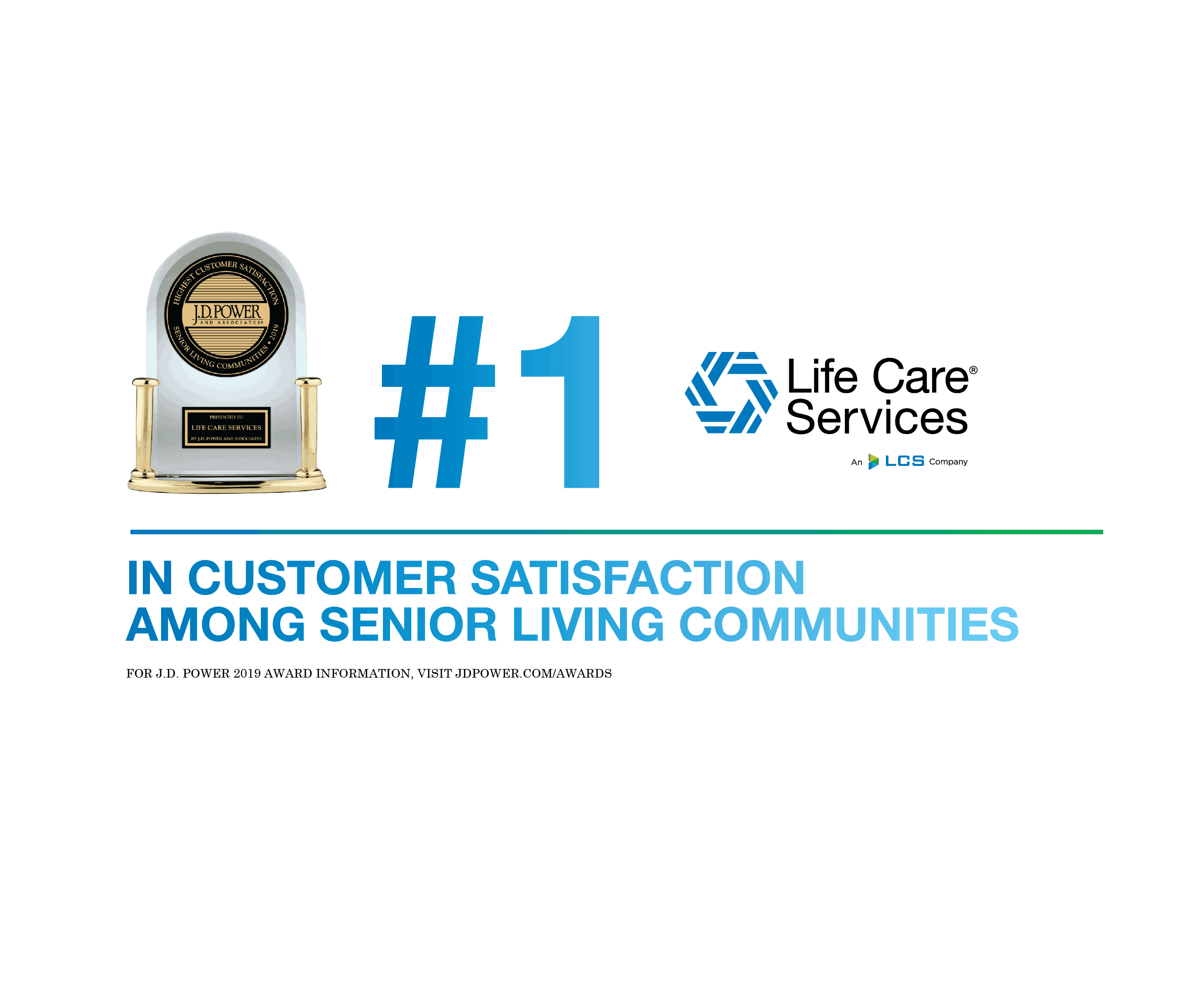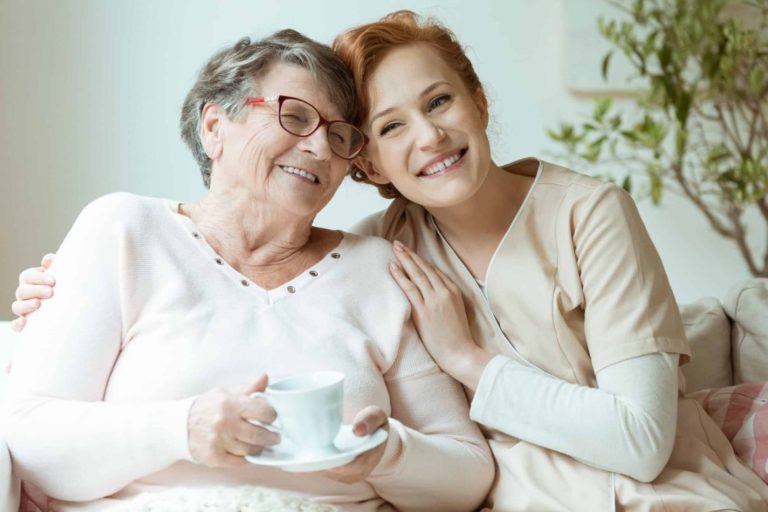Know the Signs That Your Elderly Parent Needs Help

As your parent ages, their ability to care for their own health and well-being may eventually decline. As their child and caregiver, you want to keep them safe and protect their health. So it’s important to know the signs that mean your elderly parent needs help.
Many seniors don’t ask for help even if they really need it. And many children of aging parents want to find the right balance between helping out and giving their loved one space. But if you notice signs that your loved one is struggling to keep up with daily tasks, it’s time to talk about how extra care and support can make their life easier and safer.
How to know when your parent needs more care
At first, the signs your elderly parent needs help may be small. Things like a little moodiness or a little less attention to home upkeep can happen. However, if you start to notice concerning patterns or changes in their behavior, it can be a sign they need support.
Here are 11 common changes that signal a need for help:
- Lots of minor injuries – More cuts and bruises may signal that your loved one is struggling with mobility or performing daily tasks. If you notice burns, it could be a sign your parent is having a hard time cooking for themself.
- Problems sitting or standing – You’ve noticed your loved one has a difficult time going back and forth from sitting to standing. Or maybe they have trouble getting in and out of bed.
- Nutrition and eating – Your parent suddenly lost weight. When you visit, they don’t have many healthy foods in the house or rely only on packaged snacks.
- Mental health concerns – You think your parent may have signs of depression. They no longer joke, laugh, or smile.
- Reduced social activities – You’ve noticed your parent doesn’t do any of the activities they once did. They seem disconnected from old friends or hobbies.
- Memory changes – Your parent often forgets their keys, forgets appointments, or doesn’t remember to call you back.
- Major mood changes – Your loved one’s personality seems different. You’ve noticed more outbursts or strong emotions that are affecting their ability to connect with others.
- Forgets how to do daily tasks – You’ve noticed your loved one seems unsure about completing simple tasks around the home.
- Personal appearance – They wear tattered or dirty clothes. They don’t seem to keep up with their hair or dental hygiene.
- Home repairs left undone – Simple home repairs are too hard for them or are ignored. They can’t keep up with home maintenance.
- Dirty home – When you visit their home, it seems dirty. You notice piles of dishes, mail, trash, or other unorganized items.
Where to turn when your elderly parent needs help
When you notice signs your elderly parent needs help, you want to connect them with the right support. The first step is talking to them and to other loved ones who can help. If your parent has a hard time accepting help, the AARP recommends including your parent’s primary health provider in the conversation. As a team, you can encourage your loved one to get the support they need to live well and stay healthy.
Our team of caregivers at Signature Pointe is ready to create a personalized plan to care for your parent. From help with the tasks of daily living to engaging programs and services, we support your loved one so they can enjoy life with confidence. Contact us today to navigate your options for an elderly parent that needs more care.




